Welcome back to the SafeStaff Connector. The challenges and sheer volume of information from the pandemic has caused us to minimize our food safety communication. We are looking forward to brighter days ahead with the vaccine and the improvement of treatment. Look for the Connector more frequently in 2021.

Holiday Food Safety Reminders: With conclusion of a tough year a few days away, be mindful of traditional food safety tips to keep your guests and your family safe.
During the holiday season, don’t eat or drink raw well-known pathogenic ingredients such as meat, eggs, egg-nog or flour. Using uncooked meat and raw eggs in food items without further cooking may make guests sick.
Eating raw dough, such as cookie dough, can also cause foodborne illness. The Centers for Disease Control (CDC) has published some guidance about this issue: Say No to Raw Dough. In addition, Don’t share raw dough with guests as entertainment for children.
If serving egg-nog, use pasteurized eggs and maintain it at correct temperatures. Read more at Food Safety News.
Do not rinse or wash turkey or chicken before cooking because it may spread dangerous pathogens in your kitchen that could contaminate food, cooking equipment and food preparation areas. It’s also critical that poultry is thawed in accordance with food safety guidelines. It’s best to prepare stuffing if you are offering it, separately from the bird. Cook it in a casserole, not inside the poultry for food safety. Remember that turkey and chicken must be cooked to an internal temperature of 165°F to ensure it is safe to eat.
Handwashing, as always, is important to ensuring your health and the health of guests. Review the technique from the CDC here.
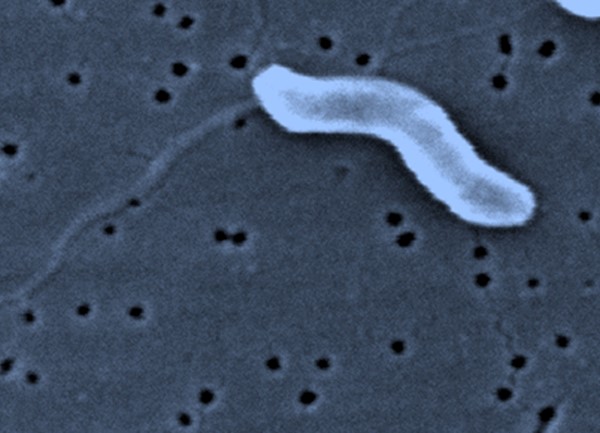
The Interagency Food Safety Analytics Collaboration (IFSAC) Has Released 2018 Foodborne Illness Attribution Rates for Salmonella, Escherichia coli 0157, Listeria monocytogenes and Campylobacter. If you have a little time, the report is very interesting: Learn more from the Centers for Disease Control (CDC). Below is a summary of some of this information:
“Salmonella illnesses came from a wide variety of foods. More than 75% of Salmonella illnesses were attributed to seven food categories: Chicken, Seeded Vegetables (such as tomatoes), Pork, Fruits, Other Produce (such as nuts), Eggs and Turkey.
E. coli O157 illnesses were most often linked to Vegetable Row Crops (such as leafy greens) and Beef. Over 75% of illnesses were linked to these two categories.
Listeria monocytogenes illnesses were most often linked to Dairy products and Fruits.
More than 75% of illnesses were attributed to these two categories, but the rarity of Listeria monocytogenes outbreaks makes these estimates less reliable than those for other pathogens.
Non-Dairy Campylobacter illnesses were most often linked to Chicken.
Over 75% of non-Dairy foodborne illnesses were attributed to Chicken, Other Seafood (such as shellfish), and Turkey, with Campylobacter illnesses most often linked to Chicken. An attribution percentage for Dairy is not included because, among other reasons, most foodborne Campylobacter outbreaks were associated with unpasteurized milk, which is not widely consumed, and we think these over-represent Dairy as a source of illness caused by Campylobacter. Removing Dairy illnesses from the calculations highlights important sources of illness from widely consumed foods, such as Chicken.”
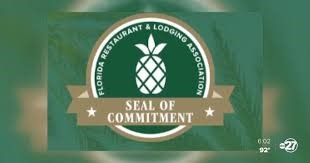
The Florida Restaurant & Lodging Association recently introduced our Seal of Commitment guest confidence program. This is FRLA’s designation for demonstrating your commitment to safety and sanitation standards that will bring guests back. The Seal of Commitment is a promise that your food service or lodging operation meets safety and sanitation standards prescribed by FRLA, and exceeds regulatory mandates. Seal of Commitment recipients have demonstrated their facility and staff are focused on guest health and safety. To qualify, businesses must meet these criteria:
- All managers have a current food manager certificate;
- All employees have a current food handler certificate;
- All employees complete an FRLA COVID-19 Sanitation & Safety Course;
- Establishments meet specific sanitation standards.
Visit our Seal of Commitment webpage to learn about the many benefits to earning this designation.
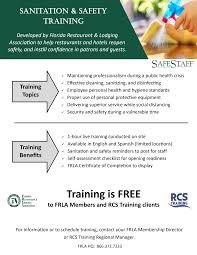
SafeStaff Offers FREE Sanitation and Safety Training: SafeStaff is offering FREE training for operating during the global pandemic to all FRLA members and RCS Training clients. This training program will help you reopen and stay open safely and will instill confidence in your guests. This training program covers:
- Maintaining professionalism during a public health crisis
- Effective cleaning, sanitizing, and disinfecting
- Employee personal health and hygiene standards
- Proper use of personal protective equipment (PPE)
- Delivering superior service while social distancing
- Security and safety during a vulnerable time
Contact SafeStaff at 800-537-9863 or [email protected] for more information. The program is offered online and to non-members as well. Find out more here.
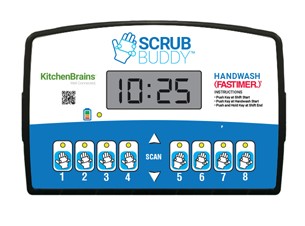
Handwashing Timers Are A Thing! Help your employees maintain clean hands. Using a handwashing timer assists both as a reminder to wash if you use a Scrub Buddy and as a guideline for hand washing time if you use a Sanitimer. Be sure to wash your hands.
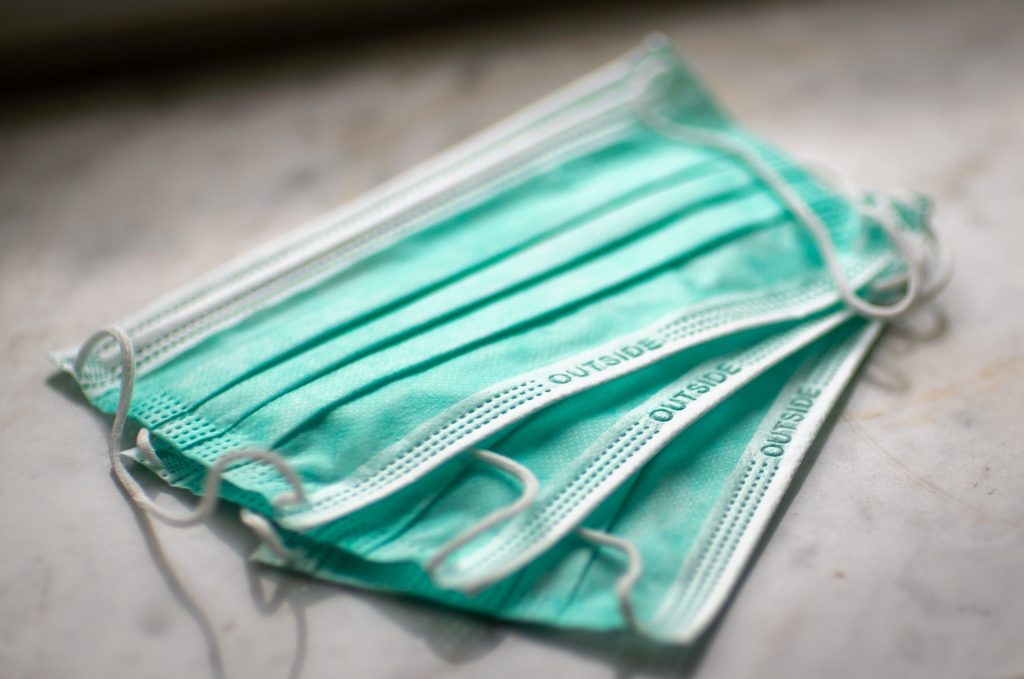
COVID-19 Supplies: If open, all hospitality industry members must utilize new procedures, products and solutions to comply with governmental requirements. Visit FRLA’s COVID-19 Supplies directory for many of the supplies you need to remain open during the global pandemic. Learn more here.
COVID-19 Guidance for Restaurant Operations: ServeSafe has compiled a good listing of everything you need for guidance with regards to operations during the global pandemic on their Food Safety Focus page. Check it out.
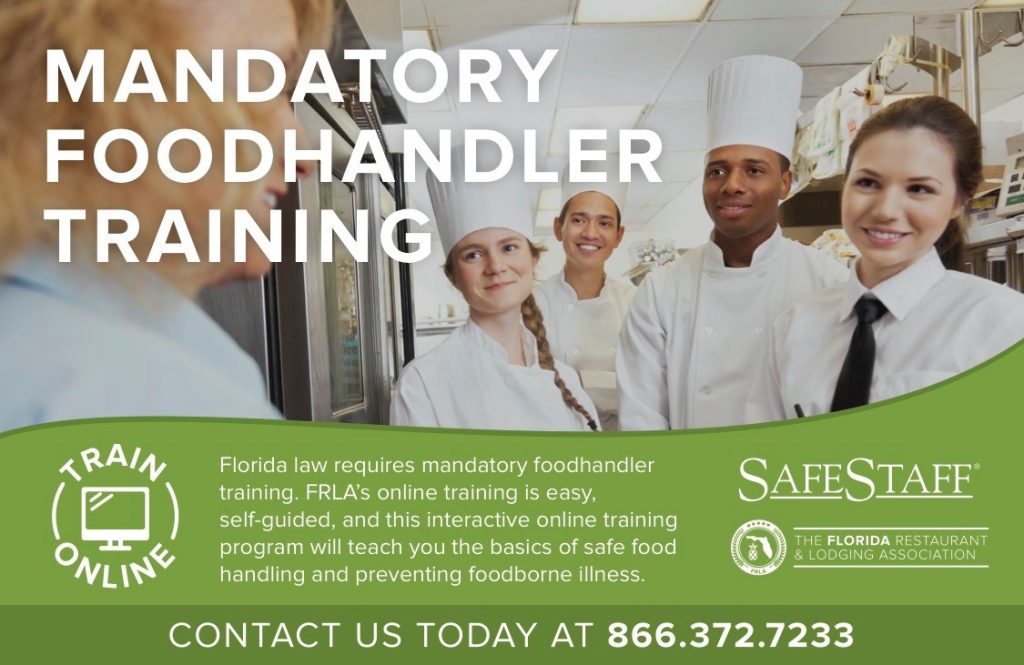
Foodhandler Training Is Mandatory In Florida! Be sure your your employees are current and have received this important training. Visit SafeStaff.org to learn more.
